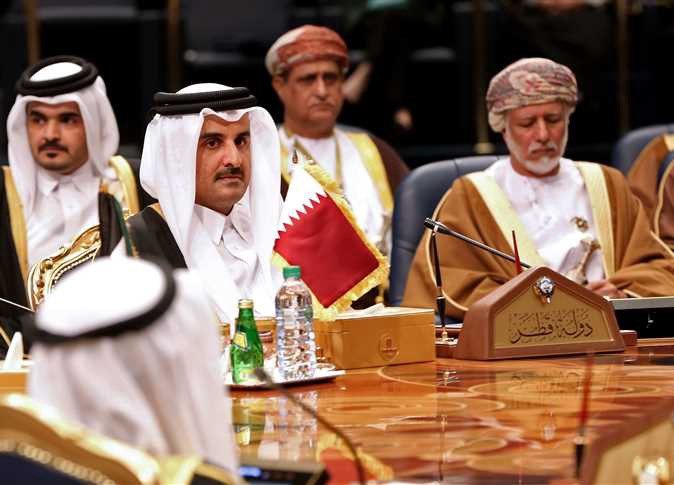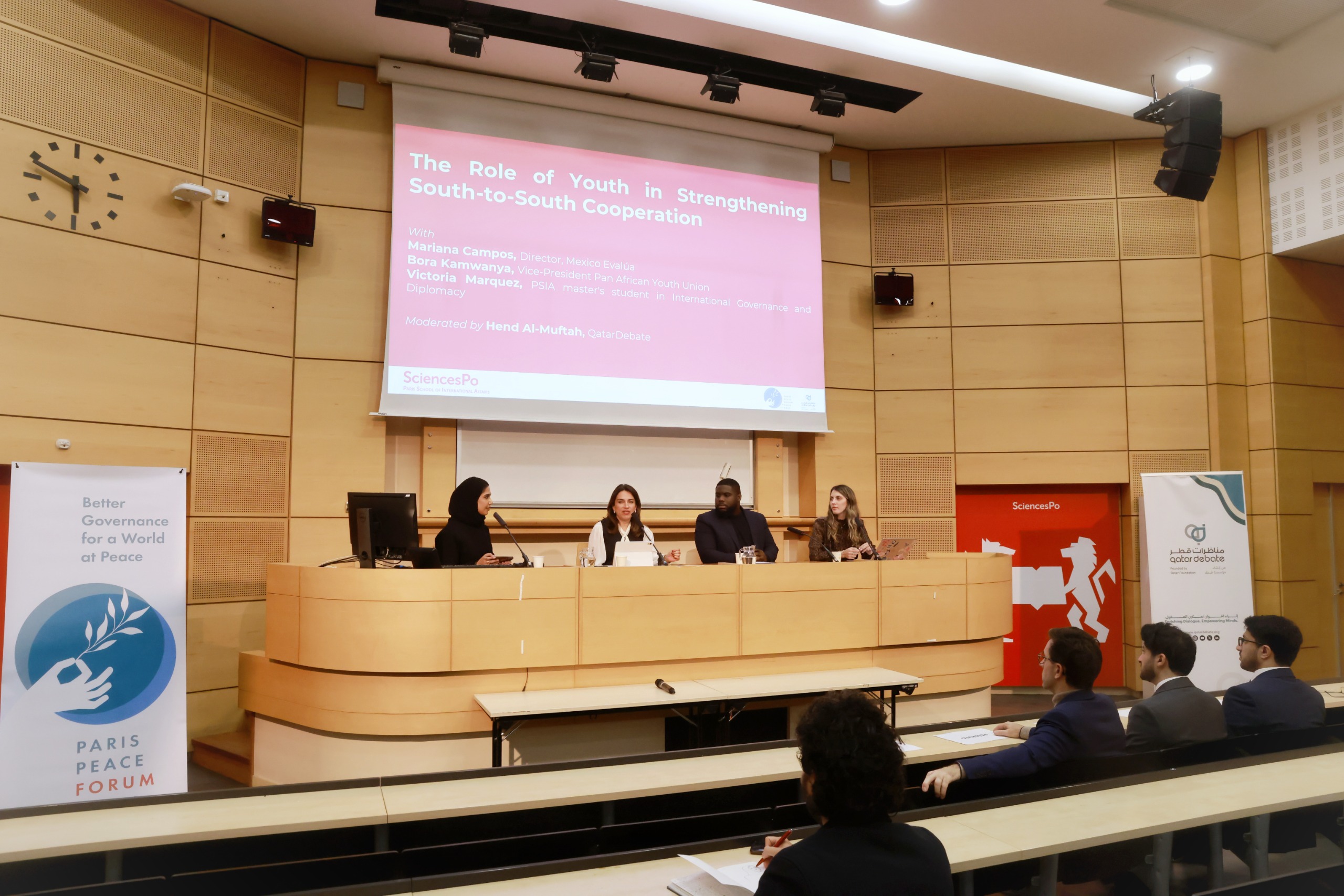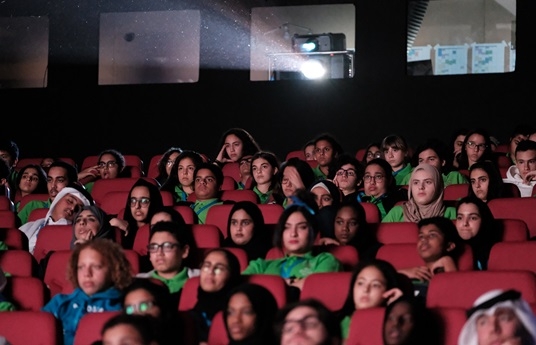Qatar has formally been invited to attend this year’s Arab League summit, set to be held in Riyadh on April 15. Saudi Arabia had earlier postponed the summit to April, saying the original date in late March clashed with Egypt’s presidential election. According to Lulwa al-Khater, a spokesperson for Qatar’s foreign ministry, Qatar will take part but has yet to decide on the level of participation.
Maybe, just maybe, the upcoming summit could lead to the thawing of the bitter relationship between Qatar and the Arab bloc, although going by the attitude of Crown Prince Mohamed bin Salman, who categorically pointed out earlier in March that he would not tolerate outside mediation in the resolution to the Gulf crisis, the possibilities are remote.
But going by the historical role the League has played, there may be some hope of at least a start of reconciliation.
After all, the League’s prime objective is to draw closer the relations between member States and co-ordinate collaboration between them, to safeguard their independence and sovereignty, and to consider in a general way the affairs and interests of the Arab countries. It facilitates political, economic, cultural, scientific, and social programmes designed to promote the interests of the Arab world.
In the past, it has served as a forum for the member states to coordinate their policy positions, to deliberate on matters of common concern, to settle some Arab disputes and to limit conflicts such as the 1958 Lebanon crisis.
Saudi Arabia, Egypt, Bahrain and the United Arab Emirates imposed a sea, land and air blockade on Qatar on June 5, 2017, accusing it of supporting terrorism and destabilising the region. Doha has consistently denied these charges.
Starting with only six members in 1945, the Arab League now has 22 members. Qatar joined in 1971. One of the significant agendas will be to seek to prevent Israel from gaining a rotating seat on the U.N. Security Council in 2019.







